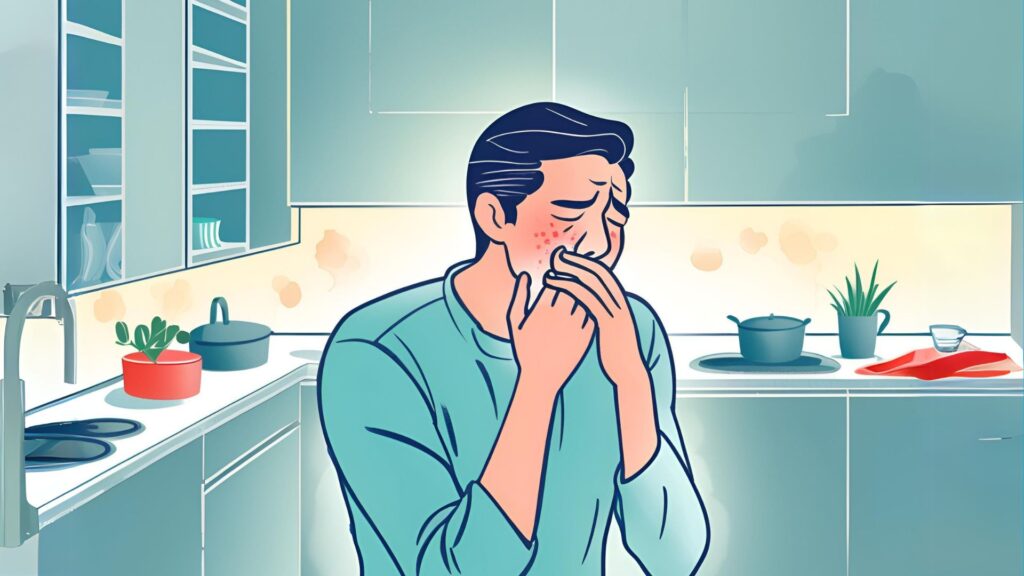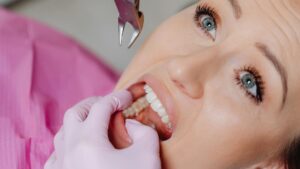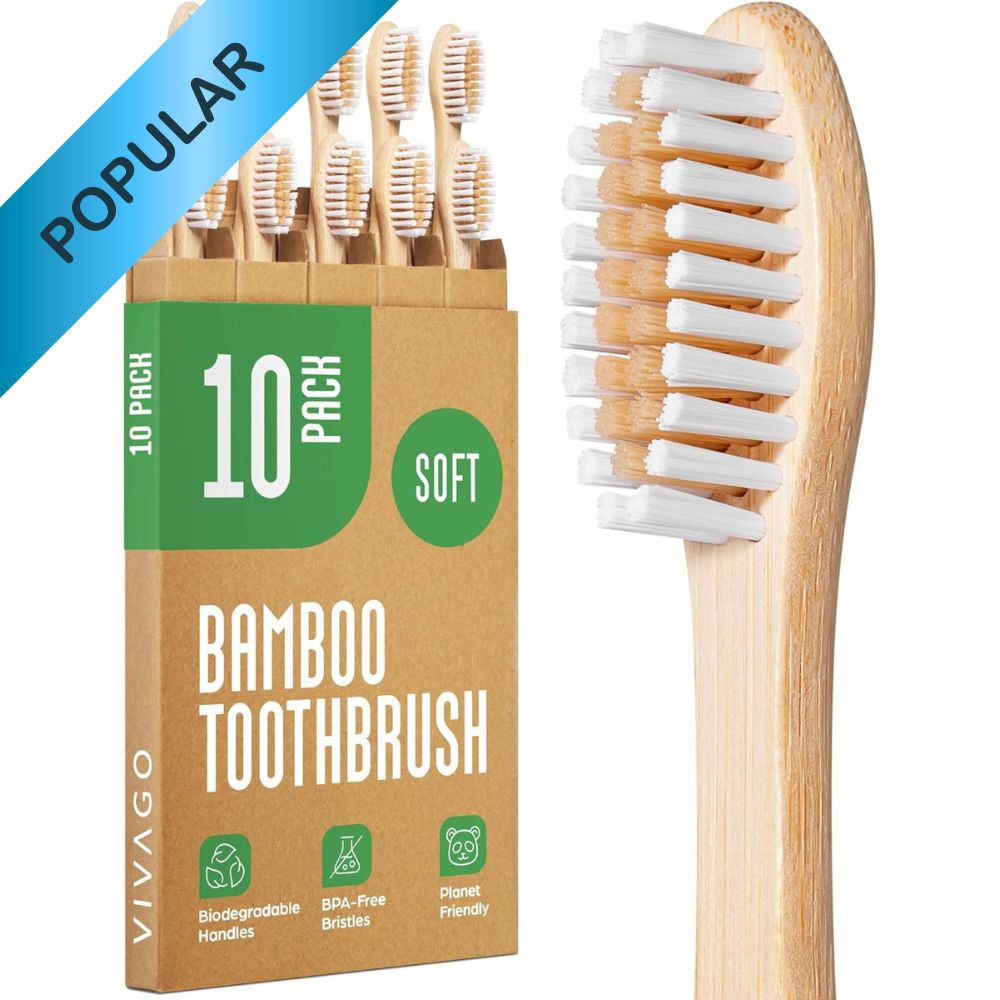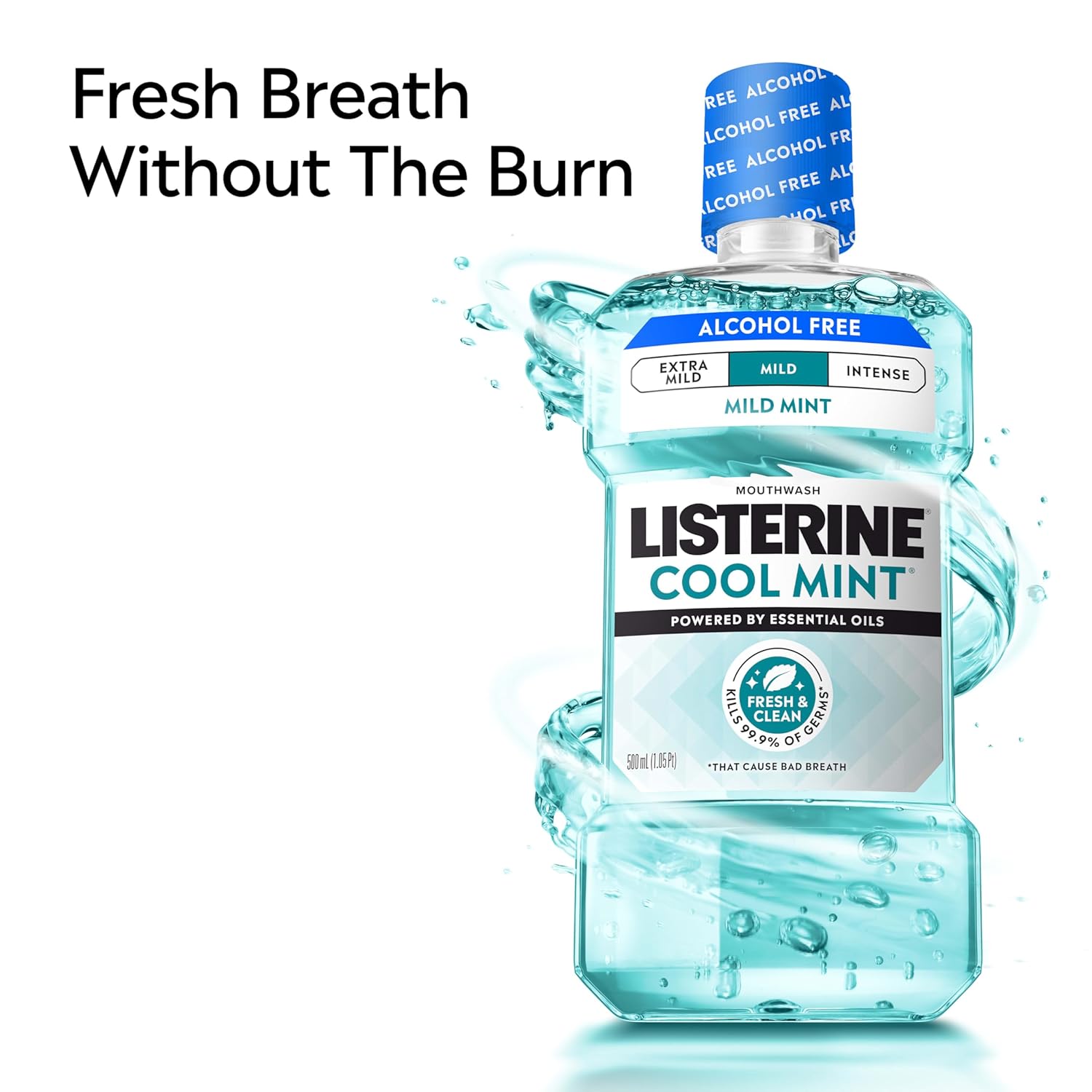Tooth extractions are among the most common dental procedures, especially when dealing with impacted wisdom teeth, severe decay, or gum disease. But what happens after the procedure is just as crucial as the surgery itself. One of the most significant concerns post-extraction is smoking. Whether it’s a cigarette, cigar, or cannabis, smoking after tooth extraction can result in complications that delay healing and cause severe discomfort.
In this comprehensive guide, we will discuss why smoking should be avoided after tooth extraction, how long you should wait before lighting up again, and what happens if you do smoke too soon. This article is intended for anyone who smokes and is preparing for or recovering from a dental extraction. You might also want to know about other things to avoid after a tooth extraction.
Why Is Smoking After Tooth Extraction Risky?
When a tooth is removed, a blood clot forms in the empty socket to protect the underlying bone and nerves. This clot is crucial for proper healing. Smoking can interfere with this process in the following ways:
- Dislodging the Clot: The suction created during smoking can easily dislodge the protective clot, leading to a painful condition known as dry socket.
- Chemical Irritation: Tobacco and marijuana smoke contain harmful chemicals that irritate the extraction site, potentially causing infections.
- Restricted Blood Flow: Nicotine causes blood vessels to constrict, which limits the flow of oxygen-rich blood to the healing area, delaying recovery.
- Increased Bacteria: Smoking introduces bacteria into the mouth, which can accumulate at the wound site and result in infection.
What Is Dry Socket and Why Should You Avoid It?

Dry socket, or alveolar osteitis, is one of the most painful complications following a tooth extraction. It occurs when the blood clot either dissolves prematurely or becomes dislodged, exposing the bone and nerves underneath. Symptoms include:
- Severe, throbbing pain that may radiate to the ear or jaw
- Bad breath or foul taste
- Visible bone in the extraction site
- Swelling and delayed healing
Dry socket typically appears 2 to 4 days after extraction and can last for up to a week. The condition often requires professional treatment, such as flushing out the socket and applying medicated dressings.
According to the American Dental Association, smoking is a major risk factor for dry socket, especially within the first 72 hours after surgery.
Recommended Reading: A Full Guide on what to Eat after an Extraction & Eating Solid Food after an Extraction.
How Long Should You Wait to Smoke After a Tooth Extraction?
While the absolute minimum waiting period is 24 hours, most dentists recommend waiting at least 72 hours (3 full days) to avoid complications. If your extraction was complex—such as with impacted wisdom teeth—you may need to wait up to a week or longer.
Recommended Waiting Period:
| Extraction Type | Minimum Wait | Ideal Wait Time |
| Simple Extraction | 24 hours | 72 hours |
| Surgical Extraction | 48 hours | 7 days |
| Wisdom Teeth | 72 hours | 7-10 days |
Remember, even after this time, it’s wise to consult your dentist before resuming smoking.
Smoking With Gauze: Is It Safe?
Some people attempt to smoke with gauze over the extraction site, believing it will protect the wound. However, this is not safe. Gauze does not prevent the suction motion involved in smoking, nor does it block harmful chemicals from entering the socket. In fact, it may trap harmful residues close to the wound.
Smoking Weed After Tooth Extraction
Cannabis users should exercise the same caution. While marijuana may be seen as more natural, smoking weed still involves harmful byproducts like heat and tar. Additionally, THC may affect your immune response, increasing the risk of infection and slower healing.
Alternatives to smoking weed, such as edibles or tinctures, may be safer but should still be discussed with your healthcare provider.
What About Vaping?
Vaping may seem like a safer option, but it still involves heat, chemicals, and suction—all of which can disrupt healing. Like cigarettes and joints, vaping can lead to dry socket and infection. Many dentists recommend avoiding all forms of inhalation until the extraction site has fully healed.
Managing Nicotine Withdrawal After an Extraction
For long-time smokers, abstaining from smoking for several days can be difficult. Here are some alternatives that may help:
- Nicotine Patches: These deliver nicotine through the skin and do not involve inhalation.
- Nicotine Gum or Lozenges: Use cautiously, as excessive chewing or sucking can still disrupt the clot.
- Mindful Distractions: Keep your hands and mind busy with hobbies or light physical activity.
- Counseling or Support Groups: Emotional support can make it easier to manage withdrawal symptoms.
Always consult your doctor or dentist before using any form of nicotine replacement therapy.
Best Practices for Healing After Tooth Extraction
To promote proper healing and reduce your risk of complications, follow these guidelines:
First 24 Hours:
- Keep gauze in place as directed
- Avoid rinsing or spitting
- Eat soft foods and avoid hot drinks
- Do not smoke
After 24 Hours:
- Begin gentle rinsing with salt water
- Continue eating soft foods
- Avoid alcohol and acidic beverages
- Still avoid smoking if possible
Don’t miss this guide on post tooth extraction diet: 50 soft foods you can eat
Common Myths About Smoking and Tooth Extractions
- “I can smoke if I do it gently.” Even light smoking creates suction that can dislodge the clot.
- “Vaping isn’t as harmful.” Vaping still involves heat and suction, both of which can delay healing.
- “Smoking weed is okay because it’s natural.” Natural or not, any smoke introduces irritants into your mouth.
When to Contact Your Dentist
If you experience any of the following symptoms, contact your dental care provider immediately:
- Severe pain that doesn’t improve
- Swelling, redness, or discharge
- Foul odor or taste in the mouth
- Fever or chills
These could indicate dry socket or an infection that needs immediate treatment.
FAQs
Can I smoke 24 hours after tooth extraction?
A: Technically yes, but it’s not advised. The risk of dry socket remains high. Wait at least 72 hours for safer results.
Is it okay to smoke with gauze in my mouth?
A: No. Gauze does not protect against suction or harmful chemicals.
What about smoking marijuana after a tooth extraction?
A: Avoid all types of smoke for several days. Edibles may be a better option but check with your dentist.
Is it okay to vape instead of smoke?
A: No. Vaping also poses risks similar to traditional smoking.
Can I use nicotine patches instead of smoking?
A: Yes, with medical approval. They offer nicotine without harmful oral side effects.
Conclusion
Smoking after tooth extraction is a serious risk that can lead to pain, infection, and delayed healing. Whether you smoke tobacco, vape, or use cannabis, all forms of smoking should be avoided for at least 72 hours post-extraction—and preferably longer.
Following your dentist’s instructions and taking preventive steps can make all the difference in a smooth, comfortable recovery. It may also be a good time to reconsider smoking altogether and embrace better oral and overall health.
Disclaimer: The content provided in this article is for educational and informational purposes only. It does not substitute professional medical advice, diagnosis, or treatment. For guidance specific to your dental condition or recovery, please consult your dentist, oral surgeon, or licensed healthcare provider.



















0 Comments